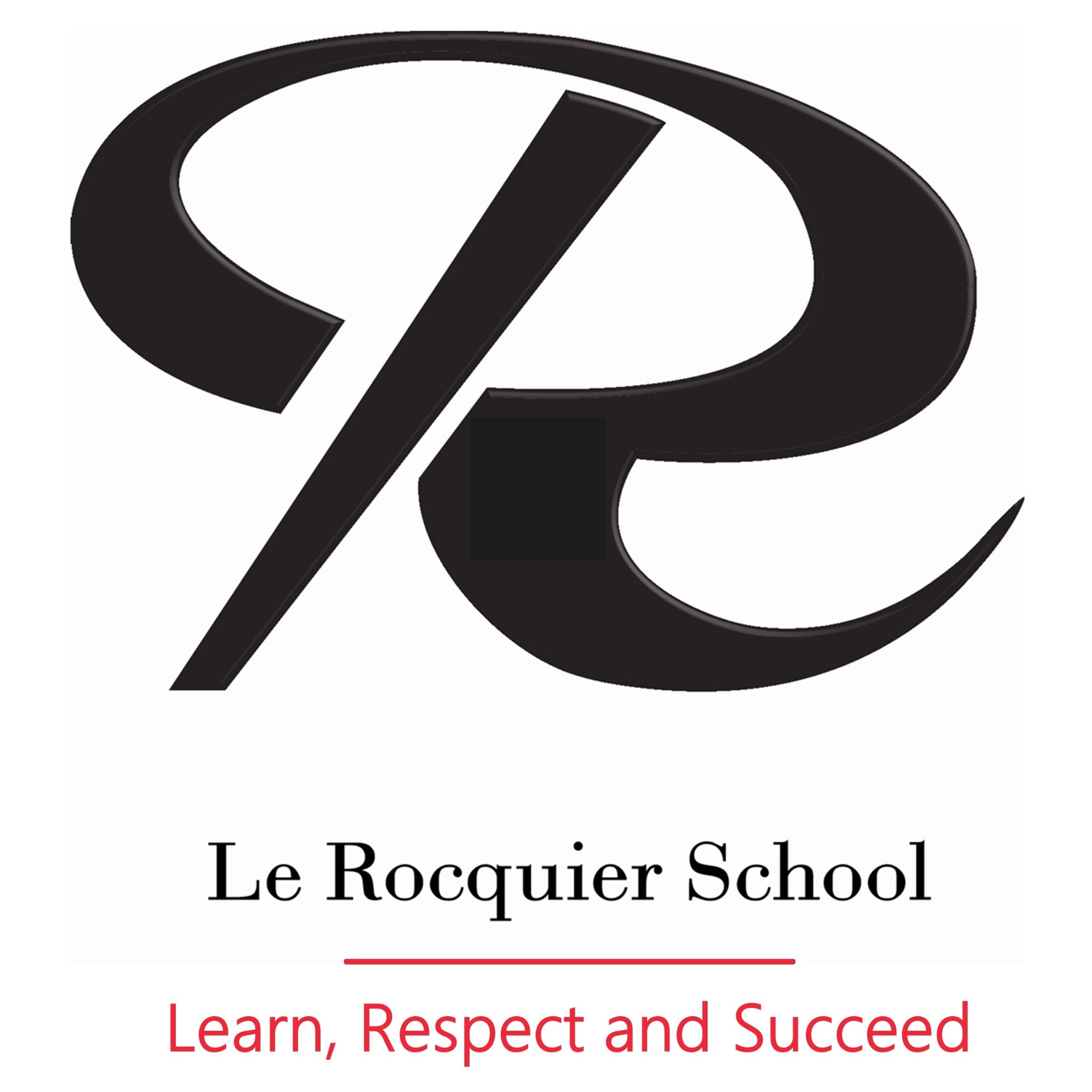Drama
Curriculum Vision
The vision for the LRS Drama department is to create an environment where students develop their confidence, creativity, oracy and collaboration skills through the transformative power of theatre. Our curriculum is dedicated to nurturing each student’s voice, encouraging self-expression, and fostering an understanding of the world through the art of performance. Through a range of dramatic techniques and experiences, we aim to cultivate confident individuals who are not only able to perform but also communicate effectively, think critically, and empathise with others.
Creativity is at the heart of our curriculum, as we inspire students to explore their imagination and innovate within both scripted and their own original devised performances. Our department provides a safe space for experimentation, where students can take risks and learn from each other, ultimately leading to the development of their unique artistic style.
Collaboration is key to success in Drama, and we emphasise teamwork in all aspects of the lessons through group tasks and regular peer feedback and discussion. Within the department, students work together to learn the importance of listening, respect, and collective problem-solving.
Ultimately in LRS Drama, we aim to prepare students for life following the classroom; equipping them with valuable skills that extend far beyond the stage.
Drama: KS3
The KS3 Drama curriculum explores two units of work per term and each unit will have one piece of homework set via Satchel. Across each unit, students are assessed in three key areas: ‘Creating’, ‘Performing’ and ‘Responding’. Under the key area of ‘Creating’, students will be assessed on their ability to work co-operatively with others, their creative contributions to the development of a task and their time management and focus. In ‘Performing’, students are assessed on their use of vocal and physical skills and their awareness of the audience. Under the area of ‘Responding’, students look at how to analyse their own work, the work of their peers and to review and discuss professional performances. Assessment is ongoing through each unit and levels will be fed back to students within lessons allowing time for students to review their progress and set themselves targets for improvement.
Drama: KS4
The GCSE Drama course builds on the skills students have acquired across KS3. Across two years, students will complete three components of work where they will practically explore scripts, devise their own original performances and review live professional theatre. The course is a mixture of practical and theory work. LRS follows the Eduqas exam board for GCSE Drama.
Component 1: Devising Theatre (40%) à In groups, students devise their own original performance and produce a short portfolio explaining their ideas and how these developed across rehearsals. Students also complete a written evaluation of their final performance. This component is internally assessed.
Component 2: Performing from a Text (20%) à In groups, students learn and perform two short extracts from a play of their choice. The scripted performance is assessed by a visitor from the exam board.
Component 3: Interpreting Theatre (40%) à One exam paper taken at the end of Year 11 and divided into Section A and B. In Section A, students answer questions about a text they will have practically studied in lessons. In Section B, students review a piece of live theatre they have previously watched and explored in lessons.
LRS Drama: How we support your child to succeed and where they can access help
The Drama department fosters a culture of self-reflection and growth through consistent feedback from both tutors and peers. This ongoing feedback allows students to identify their strengths and areas for improvement, promoting a deeper understanding of their progress. At Key Stage 4, additional coursework support sessions are provided regularly, offering extra help for students who may need guidance or further assistance with their assignments. These support sessions ensure that every student has the opportunity to refine their skills, ask questions, and receive tailored advice to help them excel. By combining regular constructive feedback with targeted support, the department creates an environment where students feel motivated to continuously improve and are empowered to reach their full potential in both performance and coursework. This approach is essential for building confidence and developing a well-rounded understanding of drama.
